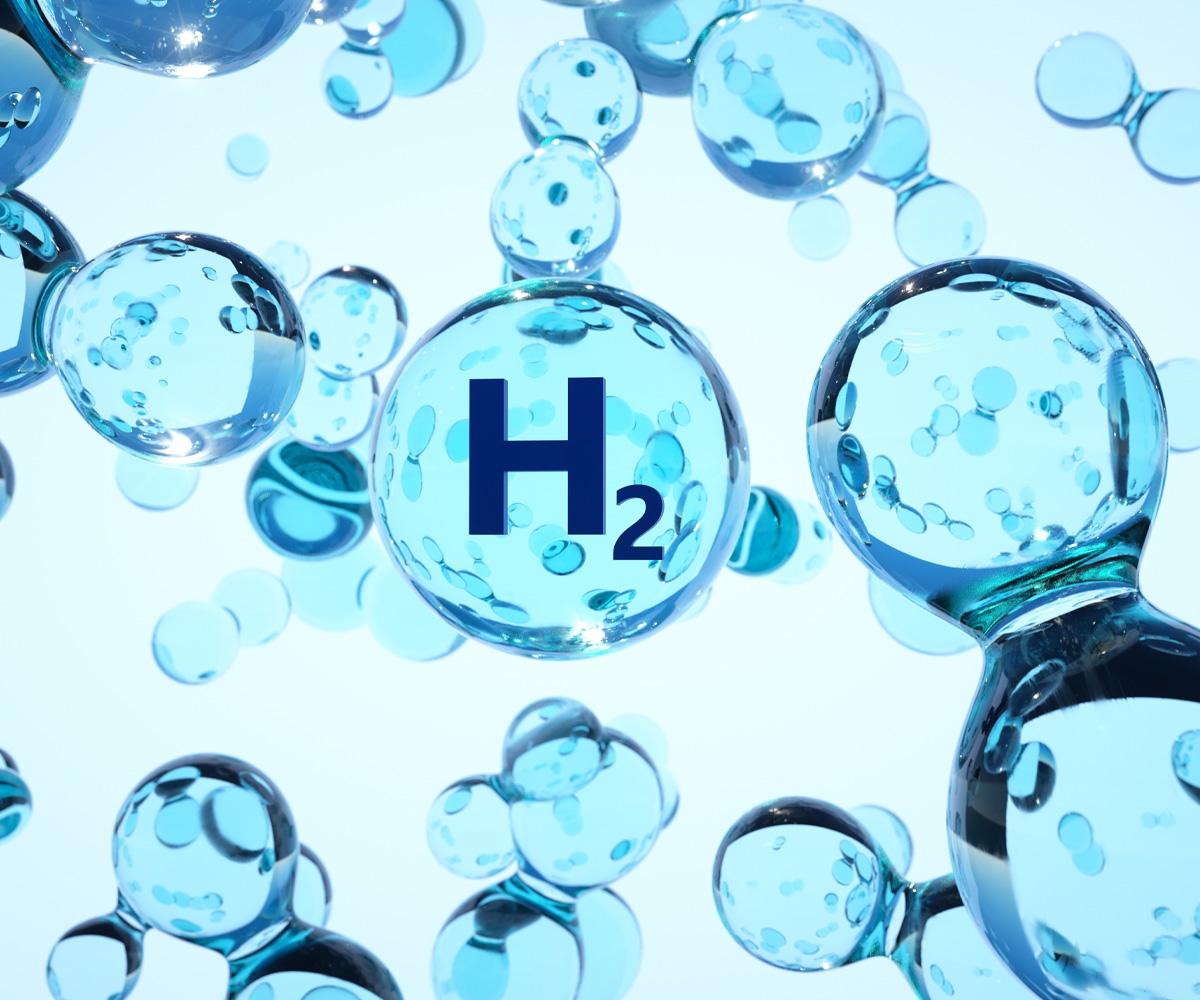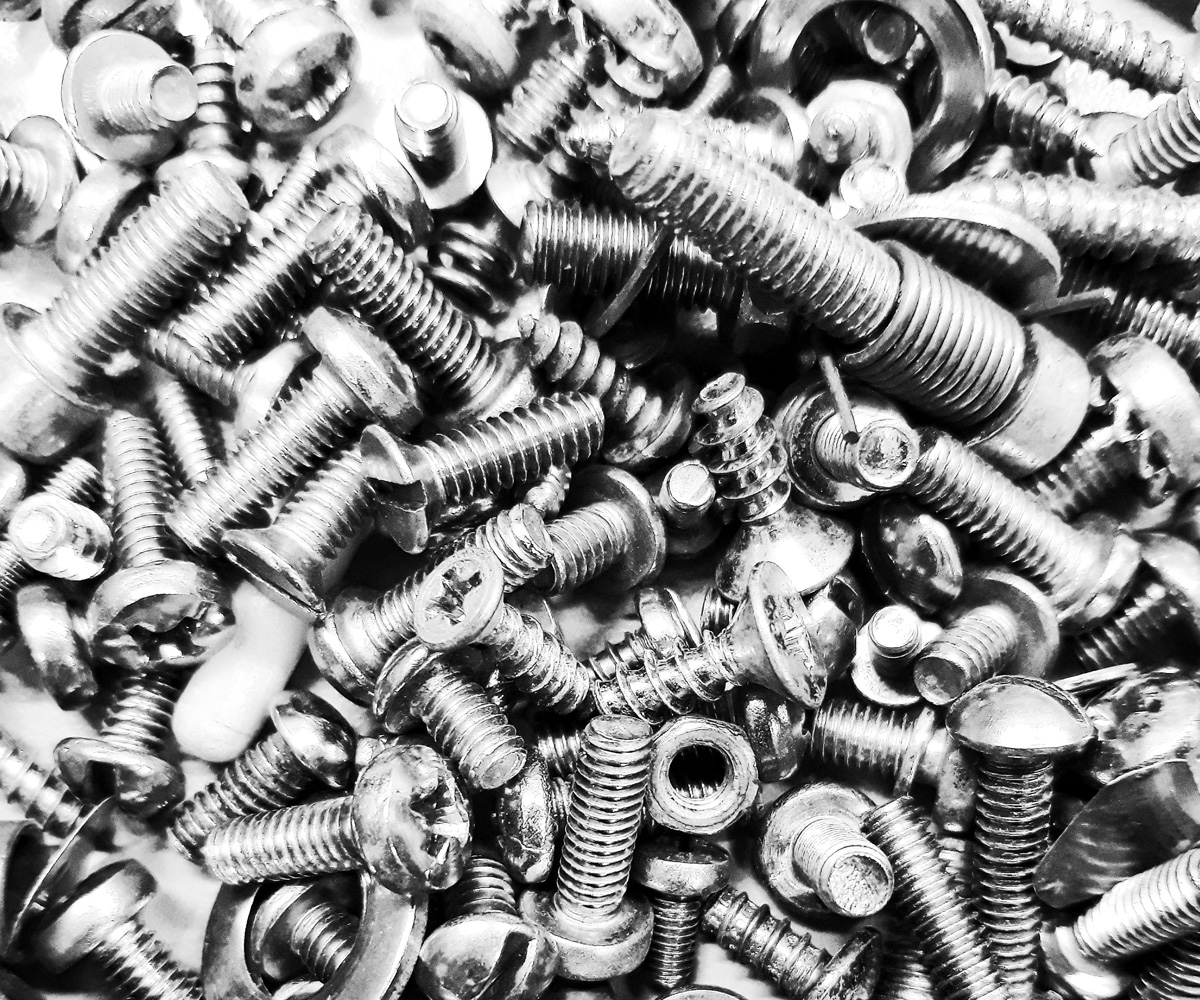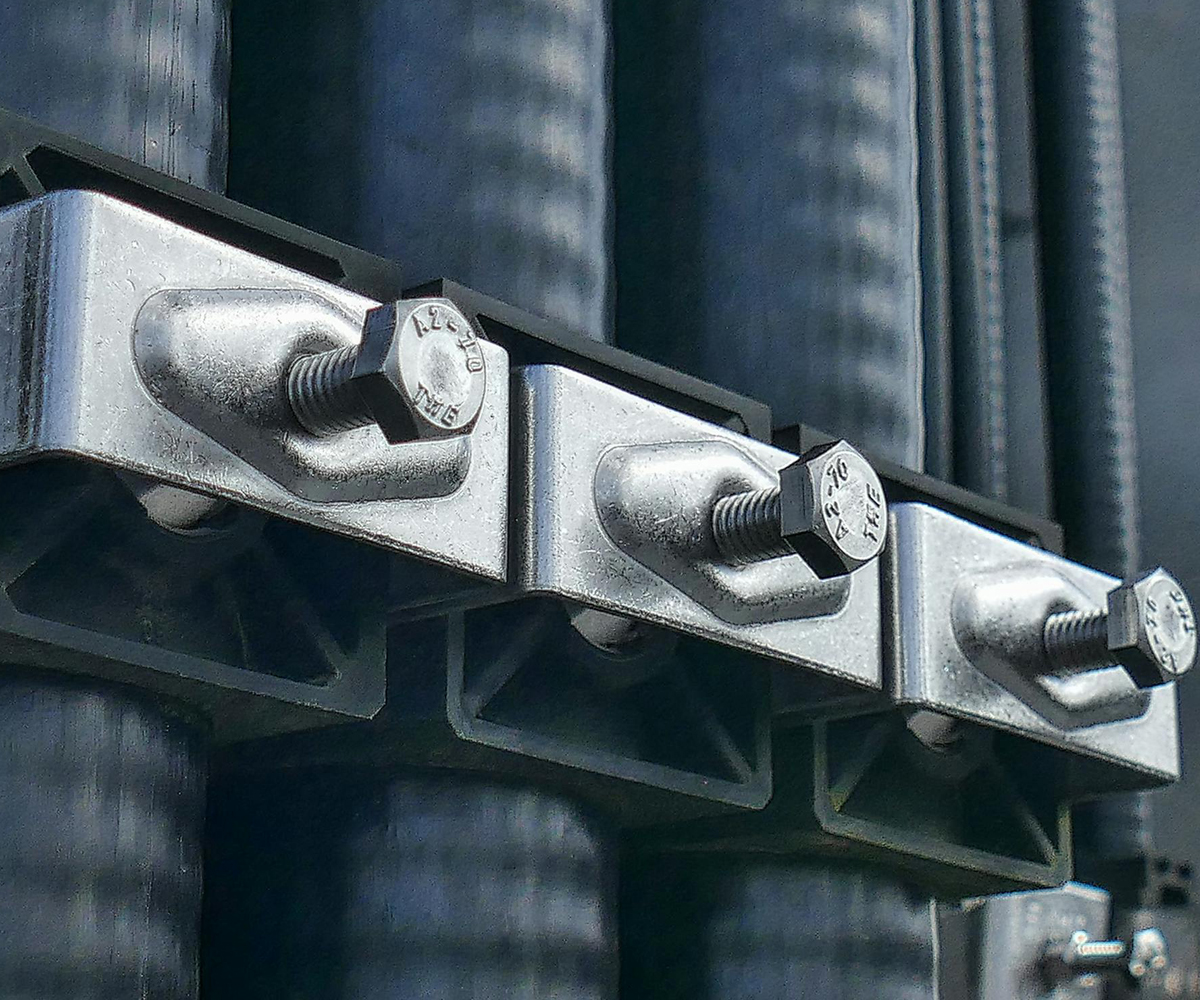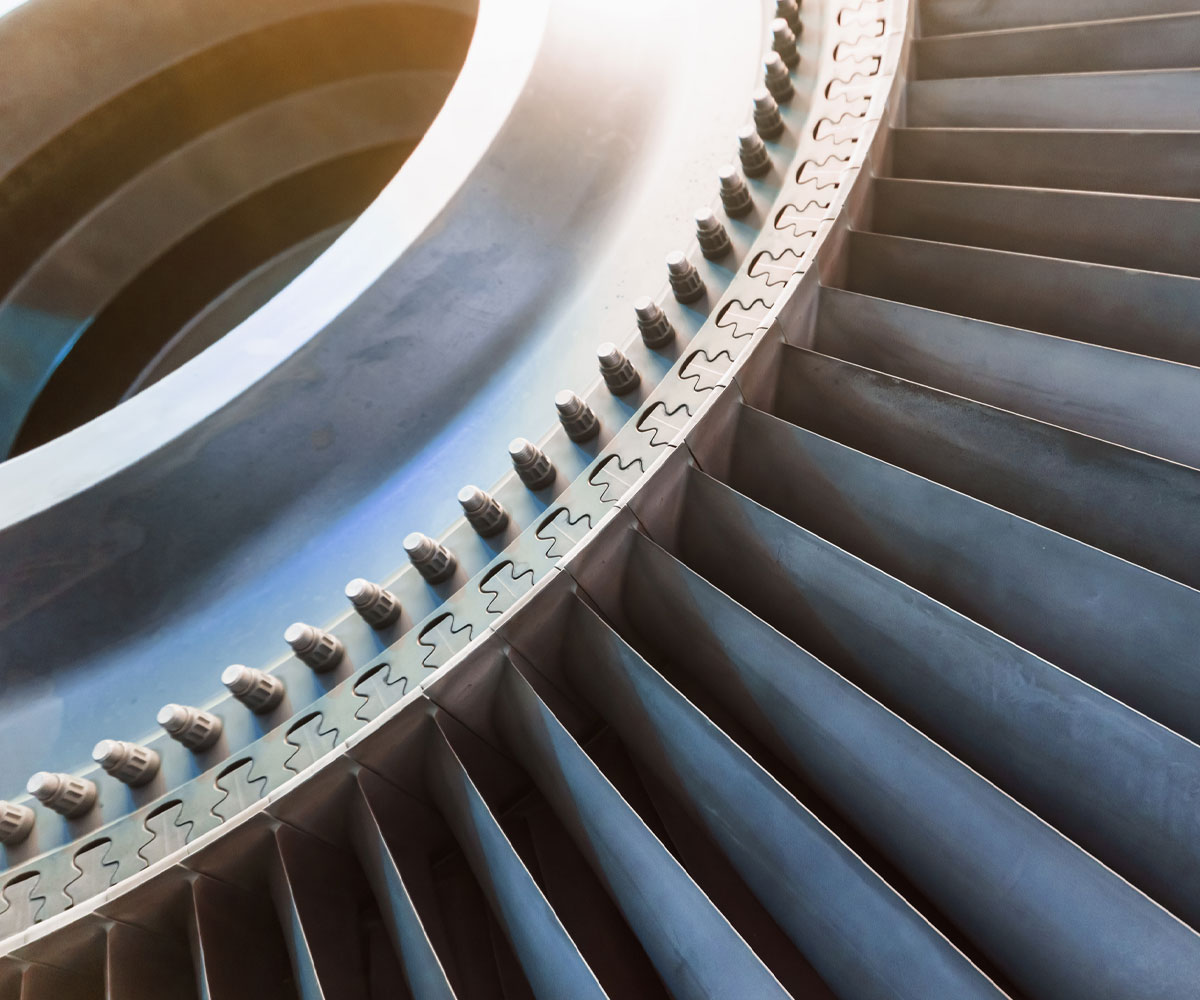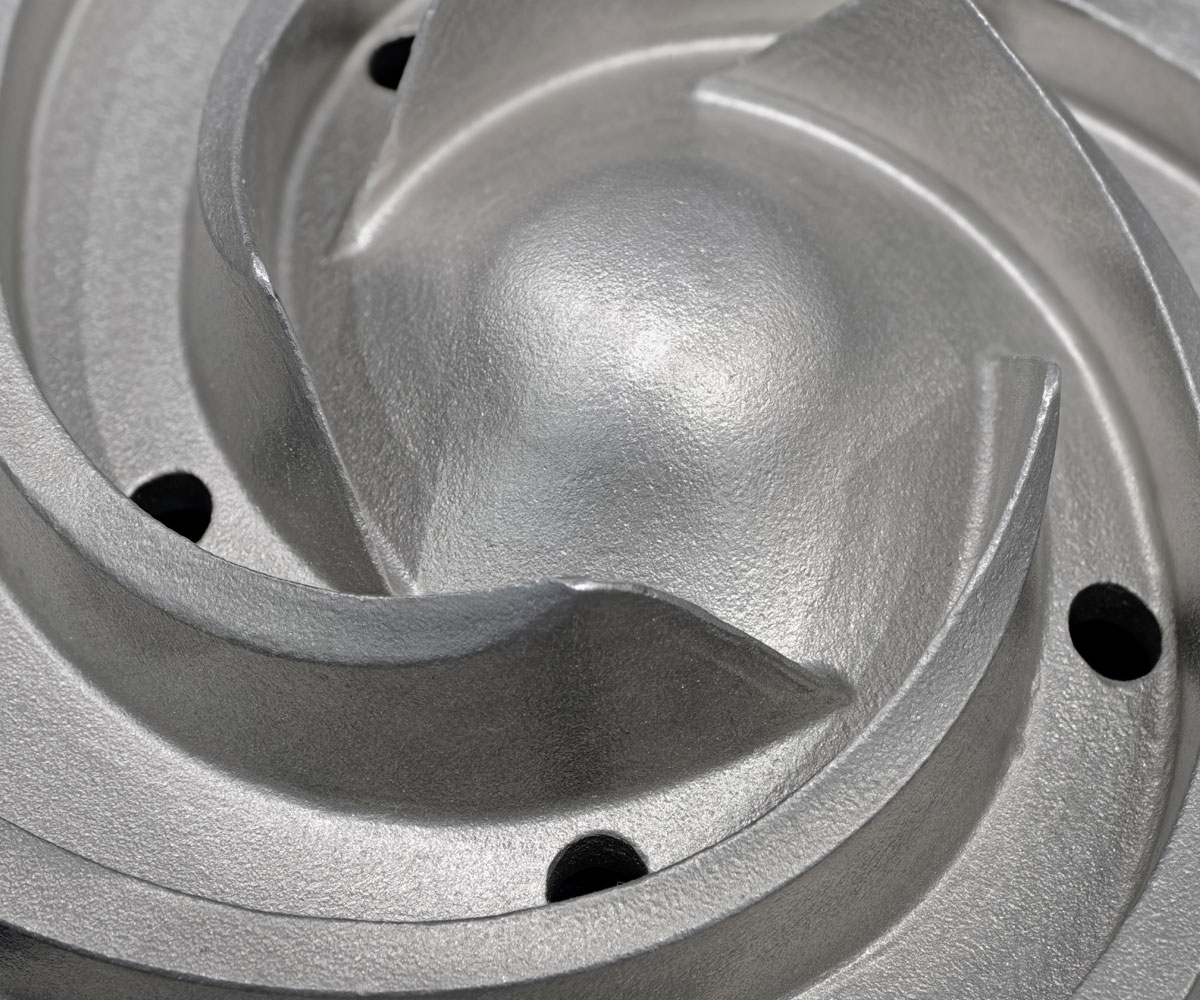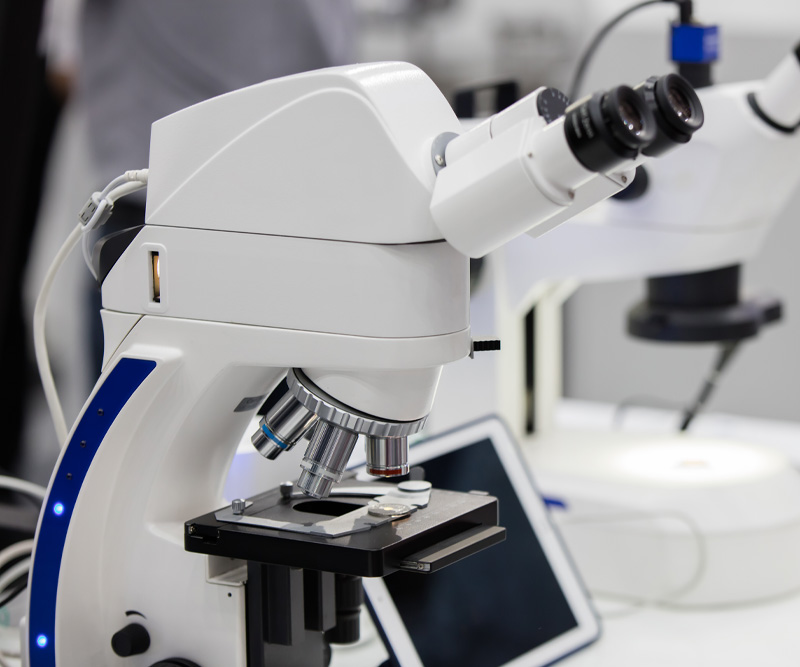Metal Dusting Unveiled: Causes, Prevention, and the Power of Aluminised Coatings
Metal dusting is a catastrophic form of corrosion that occurs under high carbon activity environments between 350°C and 800°C. Carbon diffuses into the base material and produces a powdery mixture of carbon, metal carbides and oxides.
Aluminised coatings provide the best possible resistance to metal dusting.
Industries
Metal dusting occurs in environments containing CO and H2 between 350°C and 800°C. Metal dusting conditions occur in a wide range of industrial environments including:
- • Hydrogen production by steam reforming
- • Syngas / HyCO production
- • Metal carburizing
- • Coal-gasification
- • Carbon capture and storage (CCS)
- • Methanol and ammonia production
- • Oil refining, particularly catalyst regeneration
- • Direct iron reduction (DIR)
- • Fuel cells
Diffusion Alloys provides coatings for the Oil & Gas and Process industries partly through our facility in Middlesbrough containing the largest aluminising furnace in the world.
The corrosion process
The first step in metal dusting is the diffusion of carbon into the base material. The combination of metal and carbon forms a powdery mixture of metal particles, metal carbides and oxides. The powdery mixture then catalyses the diffusion of carbon into the metal, it is this autocatalytic activity that makes metal dusting such a rapidly occurring, and potentially catastrophic form of corrosion.
Prevention
There are three principle methods for tackling metal dusting:
- • use of an alternative alloy
- • gas-phase inhibitors
- • diffusion coatings
Copper, aluminium, silicon and chromium are commonly added to alloys to provide metal dusting resistance.
However, by optimising an alloy for corrosion resistance a user may add cost and lose some desired mechanical properties.
Gas-phase inhibitors such as hydrogen sulphide are widely used to inhibit metal dusting. While these compounds are effective they may also poison catalysts or necessitate expensive removal from product or waste streams.
An aluminide diffusion coating is a highly effective way of blocking metal dusting.
A coating can maintain the mechanical properties of the base material (or allow the use of cheaper material) while providing excellent resistance to metal dusting.
The life of an aluminised coating very much depends on the operating conditions into which the coating is placed, but Diffusion Alloys has aluminised tubes that have been in operation continuously for up to 17 years with no need for replacement.
We are at the forefront of applications for clean energy and the hydrogen industry.
Large-scale hydrogen generation
Hydrogen electrolysers (SOE)
Fuel cells (SOFC)
Energy storage
Nuclear
Other specialist life extension
With over 60 years of industry experience, we’re a global specialist in the application of a range of protective coatings against metal degradation.
We have been supplying diffusion coating services for over 60 years. In 1955 the Company became the first company world-wide to launch chromising as a commercial industrial diffusion coating.
We have decades of experience in coatings for the industrial gas turbine market and the oil, gas and process industries and have developed a leading position in diffusion coating for clean technology applications.
We consider the Health & Safety of its employees, customers, visitors and the general public to be of prime importance. We take an ethical approach to our environmental responsibility & waste management.
We pride ourselves on consistently scoring as best coating supplier for quality with a number of our major and long term customers which is testimony to our quality management system.
